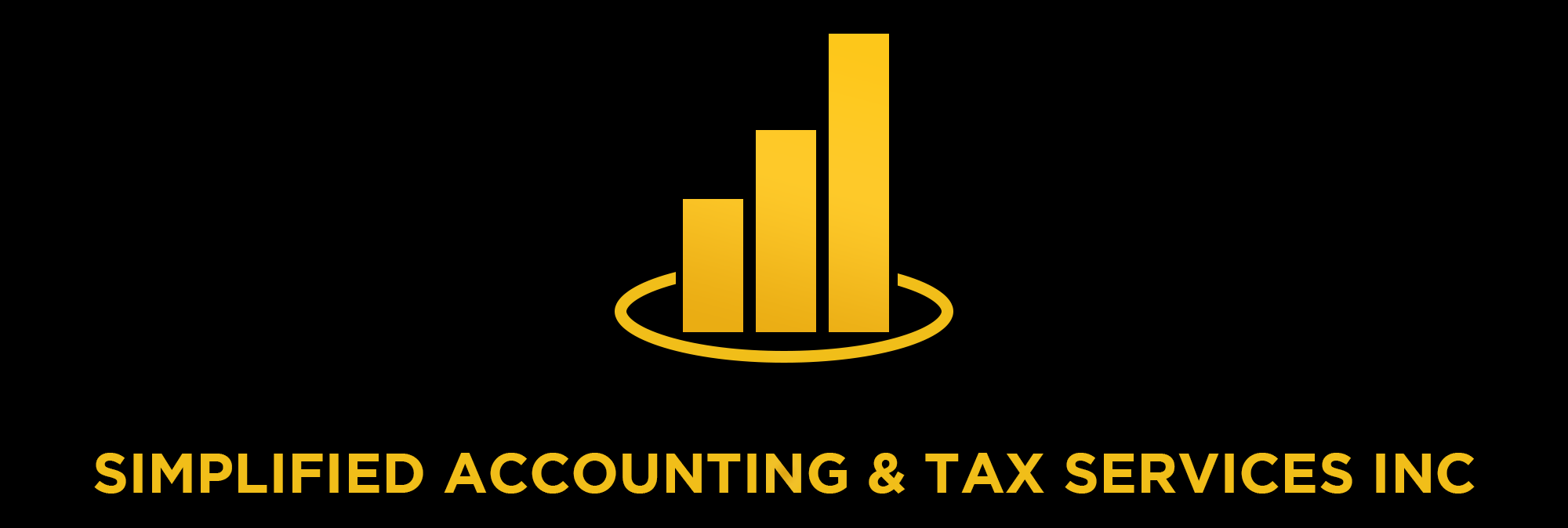Unlock the secrets to effective small business accounting with our comprehensive guide tailored for Ontario businesses. This detailed article covers everything from setting up an efficient accounting system and choosing the right software to implement best practices for bookkeeping, cash flow management, and tax planning. Learn how to maximize your financial health, ensure compliance with CRA regulations, and make informed business decisions.
Discover the benefits of professional accounting services and how they can provide strategic insights and accuracy. Perfect for small to mid-sized businesses, this guide will help you confidently navigate the complexities of accounting.
Essential Accounting Tips for Small Businesses in Ontario
Running a small business in Ontario comes with its unique set of challenges, especially when it comes to accounting. Understanding the essentials of small business accounting can help you maintain financial health, ensure compliance, and maximize profitability. This comprehensive guide provides valuable tips and strategies to streamline your accounting processes and optimize your financial management.
Understanding Small Business Accounting
In this section, we will cover the basics of small business accounting, its importance, and how it can impact your business’s success. You will learn about the key components of accounting and the significance of maintaining accurate records.
What is Small Business Accounting?
Small business accounting involves recording, analyzing, and reporting financial transactions to ensure accurate financial statements and tax compliance.
Key Components of Accounting
The main components of small business accounting include bookkeeping, financial reporting, and tax preparation. These elements work together to provide a clear picture of your business’s financial health.
Importance of Small Business Accounting
Proper accounting practices are crucial for making informed business decisions, securing financing, and ensuring regulatory compliance.
Financial Decision-Making
Accurate financial records help you understand your business’s performance and make strategic decisions about investments, expenses, and growth opportunities.
Compliance and Taxation
Maintaining precise accounting records ensures compliance with CRA regulations and facilitates smooth tax filing, avoiding penalties and audits.
Setting Up Your Accounting System
This section will discuss how to set up an efficient accounting system for your small business in Ontario. Topics include choosing the right accounting software, setting up a chart of accounts, and organizing financial records.
Choosing the Right Accounting Software
Selecting appropriate accounting software is critical for managing your finances effectively.
Features to Look For
When choosing accounting software, consider features like invoicing, expense tracking, payroll management, and tax preparation. Ensure the software is user-friendly and scalable to grow with your business.
Popular Accounting Software Options
Popular options for small businesses include QuickBooks, Xero, and FreshBooks. Evaluate each based on your specific needs and budget.
Setting Up a Chart of Accounts
A chart of accounts is a systematic list of all financial accounts in your accounting system, essential for organizing financial transactions.
Categories in a Chart of Accounts
Typical categories include assets, liabilities, equity, income, and expenses. Organizing these categories helps streamline financial reporting and analysis.
Customizing Your Chart of Accounts
Tailor your chart of accounts to reflect your business’s unique needs, ensuring it captures all relevant financial information.
Best Practices for Small Business Accounting
Implementing best practices can improve the accuracy and efficiency of your accounting processes. This section covers regular bookkeeping, managing cash flow, and tax planning and preparation.
Regular Bookkeeping
Consistent bookkeeping is essential for maintaining accurate financial records.
Daily and Weekly Tasks
Daily tasks include recording transactions and managing receipts, while weekly tasks might involve reconciling bank statements and reviewing cash flow.
Monthly and Quarterly Tasks
Monthly tasks include generating financial reports and reviewing budgets, whereas quarterly tasks involve preparing for tax filings and evaluating financial performance.
Managing Cash Flow
Effective cash flow management ensures your business can meet its financial obligations and invest in growth opportunities.
Cash Flow Forecasting
Regularly forecast your cash flow to anticipate shortfalls and surpluses, enabling proactive financial planning.
Tips for Improving Cash Flow
Improve cash flow by optimizing inventory levels, negotiating better payment terms with suppliers, and implementing efficient invoicing processes.
Tax Planning and Preparation
Proper tax planning can minimize your tax liability and ensure compliance with CRA regulations.
Understanding Tax Obligations
Familiarize yourself with the tax obligations for small businesses in Ontario, including corporate taxes, GST/HST, and payroll taxes.
Tips for Tax Efficiency
Implement strategies like income splitting, maximizing deductions, and deferring income to reduce your tax burden.
Leveraging Professional Accounting Services
Consider hiring professional accounting services to ensure accuracy and compliance, allowing you to focus on growing your business. This section will explain the benefits of professional accounting services and how to choose the right accounting firm.
Benefits of Professional Accounting Services
Professional accountants bring expertise, accuracy, and strategic insights to your financial management.
Expertise and Compliance
Accountants are well-versed in tax laws and regulations, ensuring your business remains compliant and avoiding costly penalties.
Strategic Financial Advice
Accountants can provide valuable advice on financial planning, investment opportunities, and cost-saving strategies.
Choosing the Right Accounting Firm
Selecting the right accounting firm is crucial for building a productive partnership.
Factors to Consider
Consider the firm’s experience, industry knowledge, range of services, and client testimonials. Ensure they understand your business’s unique needs and challenges.
Simplified Accounting & Tax Services Inc.
Simplified Accounting & Tax Services Inc. specializes in helping small businesses in Ontario manage their accounting needs. Our team offers personalized services, ensuring your financial health and compliance with all regulations.
Conclusion
Implementing these essential accounting tips can significantly improve the financial health of your small business in Ontario. From setting up an efficient accounting system to managing cash flow and leveraging professional services, these strategies will help you maintain accurate records, ensure compliance, and make informed financial decisions.
Simplified Accounting & Tax Services Inc. is here to support your business every step of the way. Our experienced team offers comprehensive accounting services tailored to your specific needs, helping you maximize your financial potential and achieve long-term success. With our deep understanding of small business accounting, we can help you navigate the complexities of financial management, allowing you to focus on what you do best—running your business. Contact us today to learn how we can help your business thrive.

